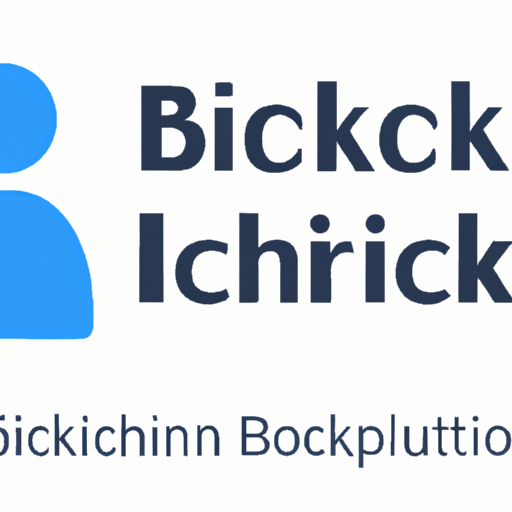In today’s digital landscape, identity verification is a crucial aspect of protecting personal information and preventing fraud. Traditional methods, such as passwords and physical IDs, are increasingly vulnerable to breaches. Enter blockchain technology, a revolutionary solution that is redefining how we verify identities securely and efficiently.
What is Blockchain?
Blockchain is a decentralized, distributed ledger technology that enables secure and transparent transactions across a network of computers. Each participant in the network has access to the same information, making alterations and fraudulent activities virtually impossible. Its application has garnered attention in various fields, particularly in identity verification.
The Importance of Identity Verification
As the world becomes more interconnected, the need for robust identity verification systems grows. From financial institutions implementing KYC (Know Your Customer) protocols to social media platforms ensuring user authenticity, effective identity verification is essential for maintaining trust and security.
How Blockchain Enhances Identity Verification
Blockchain technology offers numerous advantages over traditional identity verification methods:
- Decentralization: Unlike conventional systems that rely on a central authority, blockchain operates on a peer-to-peer network, reducing the risk of a single point of failure.
- Data Integrity: Blockchain’s cryptographic features ensure that once information is added to the chain, it cannot be modified without consensus from the network, enhancing the reliability of identity data.
- Privacy Protection: Users can control who has access to their personal information. They can share specific data points without revealing their complete identity.
- Reduced Fraud: The transparent nature of blockchain helps identify and eliminate fraudulent identities by verifying the authenticity of data throughout the chain.
Real-World Applications
Several organizations are already leveraging blockchain for identity verification. For example:
- Government ID Systems: Countries like Estonia use blockchain to secure digital identities, making it easier for citizens to access government services.
- Financial Institutions: Banks are using blockchain for KYC processes to streamline onboarding and reduce compliance costs while improving security.
- Healthcare: Blockchain can secure patient identities and health records, ensuring privacy while allowing authorized access to necessary information.
Challenges and Considerations
While the potential of blockchain for identity verification is significant, certain challenges remain, including:
- Scalability: As the number of users increases, the network must be able to handle a growing amount of data efficiently.
- Regulatory Compliance: Navigating the evolving legal landscape surrounding digital identities and data protection can be complex.
- Adoption: For blockchain solutions to be effective, businesses and individuals must be willing to adopt new technologies and processes.
Conclusion
Blockchain technology represents a transformative force in identity verification, moving us toward a more secure, efficient, and private system. By eliminating fraud and enhancing user privacy, blockchain is paving the way for a future where our digital identities are as secure as our physical ones. As the technology matures, we can expect to see even more innovative applications that will further enhance the way we verify and protect our identities.




